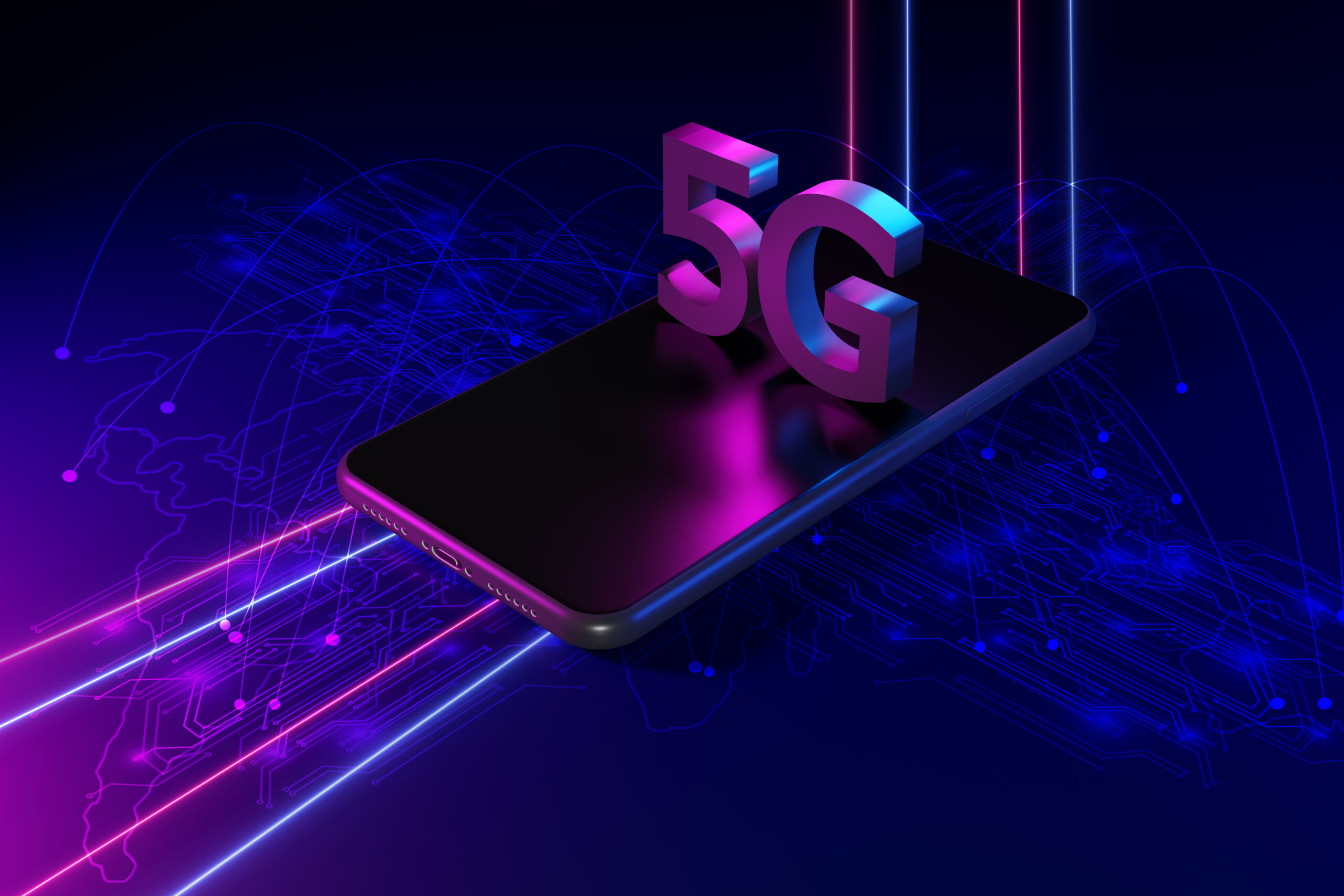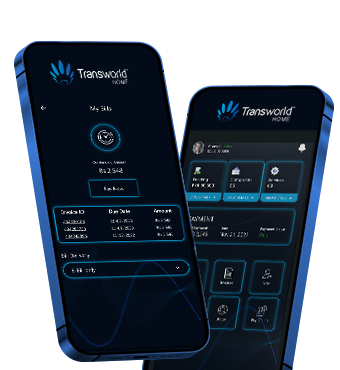5G Technology: Revolutionizing Internet Connectivity

Discover the groundbreaking impact of 5G technology on internet connectivity and how it is shaping the future of communication.
The Evolution of Internet Connectivity
The evolution of internet connectivity has been an ongoing process since its inception. From dial-up connections to broadband, each generation has brought improvements in speed, reliability, and accessibility. However, the introduction of 5G technology marks a significant milestone in this evolution.
With 5G, internet connectivity is set to reach new heights. This technology promises lightning-fast speeds, lower latency, and the ability to connect a massive number of devices simultaneously. It is the next step in the evolution of internet connectivity, opening up a world of possibilities for businesses, industries, and individuals.
What is 5G Technology?
5G technology, or the fifth generation of wireless technology, is a revolutionary advancement in internet connectivity. It is designed to provide faster speeds, greater capacity, and lower latency compared to its predecessors.
The primary difference between 5G and previous generations lies in the use of higher frequency bands. 5G utilizes millimeter waves, which have a shorter range but can carry a vast amount of data at incredibly high speeds. This allows for faster download and upload speeds, seamless streaming, and improved overall performance.
Furthermore, 5G technology incorporates advanced features like network slicing, which enables the creation of virtual networks tailored to specific needs. This flexibility allows for efficient allocation of network resources and ensures optimal performance for different applications.
Benefits of 5G Technology
The implementation of 5G technology comes with a multitude of benefits, revolutionizing internet connectivity in various ways.
Firstly, the most apparent benefit is the significantly faster speeds offered by 5G networks. Downloading large files, streaming high-definition videos, and accessing cloud-based applications will become virtually instantaneous, providing users with an unparalleled experience.
Secondly, 5G technology enables the Internet of Things (IoT) to thrive. With its ability to connect a massive number of devices simultaneously, 5G opens up possibilities for smart homes, smart cities, and autonomous vehicles. This technology will create a highly interconnected world where devices seamlessly communicate and share data, optimizing efficiency and convenience.
Additionally, 5G technology will have a profound impact on industries such as healthcare, manufacturing, and transportation. It will enable remote surgeries, real-time monitoring of machinery, and efficient logistics management, among other applications. The increased speed and reliability of 5G networks will unlock new possibilities and drive innovation across sectors.
Challenges and Concerns
While 5G technology brings immense potential, it also presents certain challenges and concerns that need to be addressed.
One of the primary concerns is the infrastructure required for 5G implementation. 5G networks rely on a dense network of small cells due to the shorter range of millimeter waves. This necessitates the installation of a large number of antennas and base stations, which can be costly and time-consuming.
Another challenge is the compatibility of devices with 5G networks. Older devices may not support 5G technology, requiring users to upgrade their devices to take advantage of the new network capabilities. This transition may take time and could lead to a digital divide between those who have access to 5G and those who do not.
Furthermore, there are concerns regarding cybersecurity and privacy in the era of 5G. The increased connectivity and interconnectivity of devices create a larger attack surface for cybercriminals. It is crucial to develop robust security measures to safeguard against potential threats and protect user data.
Addressing these challenges and concerns will be essential to ensure a smooth transition to 5G technology and maximize its benefits for society.
The Future of 5G Technology
The future of 5G technology is filled with exciting possibilities and potential advancements.
As 5G networks continue to expand, we can expect even faster speeds and lower latency. This will enable technologies like augmented reality (AR), virtual reality (VR), and holographic communication to become more accessible and immersive.
Moreover, the widespread adoption of 5G technology will pave the way for innovations in various fields. From autonomous vehicles to remote surgeries, the capabilities of 5G networks will unlock new opportunities and transform industries.
Additionally, the deployment of 5G networks in rural areas will bridge the digital divide, providing high-speed internet access to underserved communities. This will foster economic growth, improve access to education and healthcare, and enhance overall quality of life.
In conclusion, 5G technology holds immense potential to revolutionize internet connectivity and shape the future of communication. With its faster speeds, greater capacity, and lower latency, 5G will enable us to harness the full power of the digital age and usher in a new era of connectivity.








